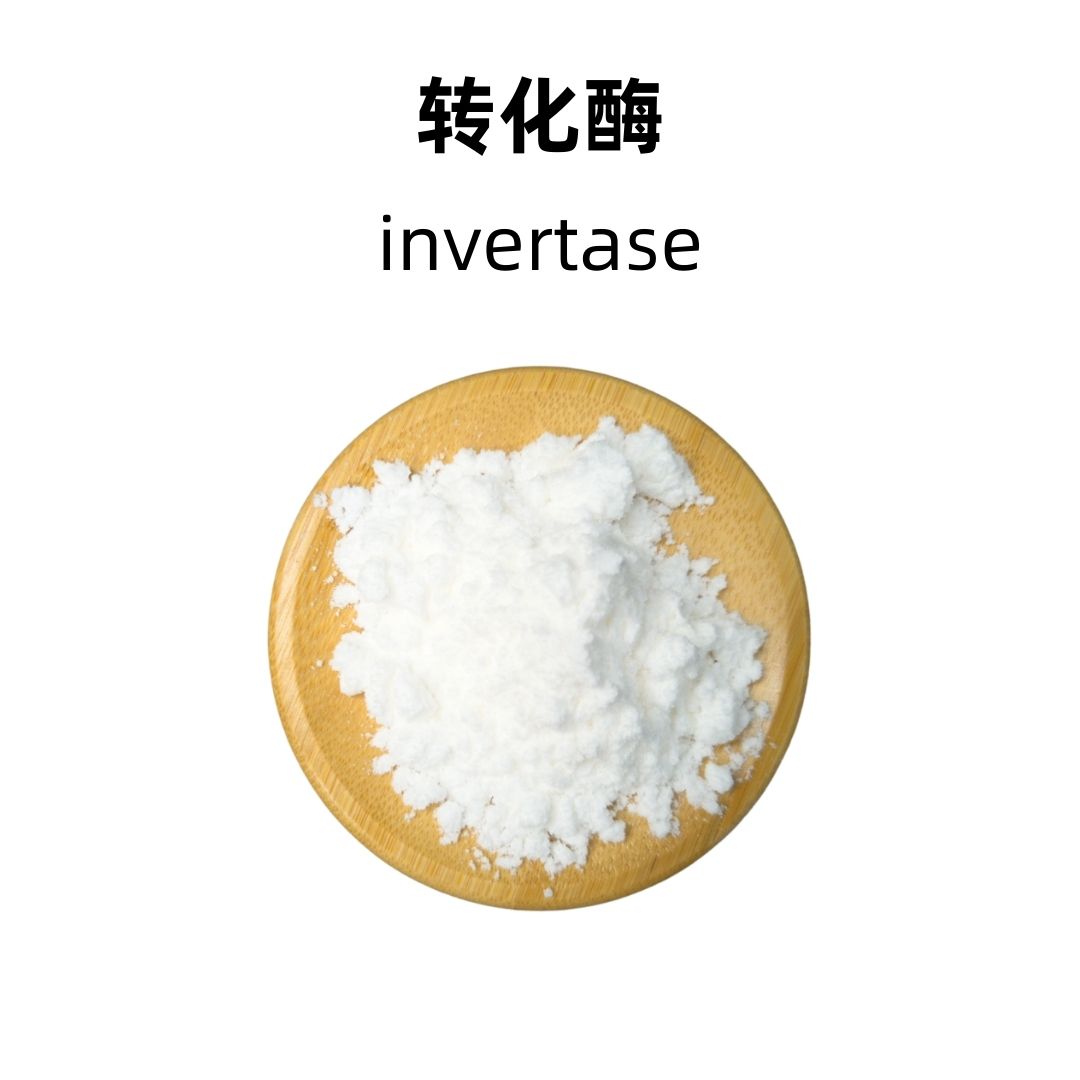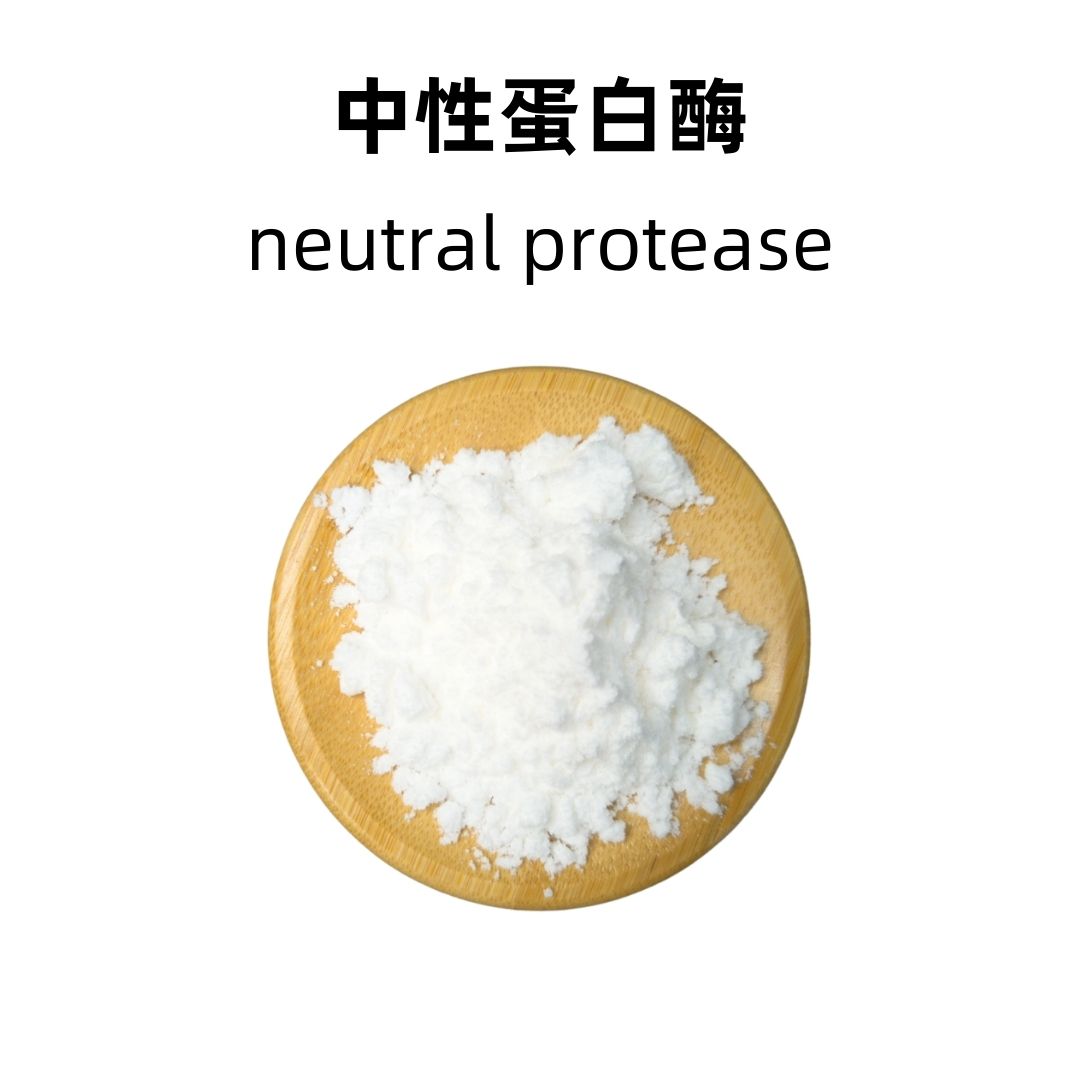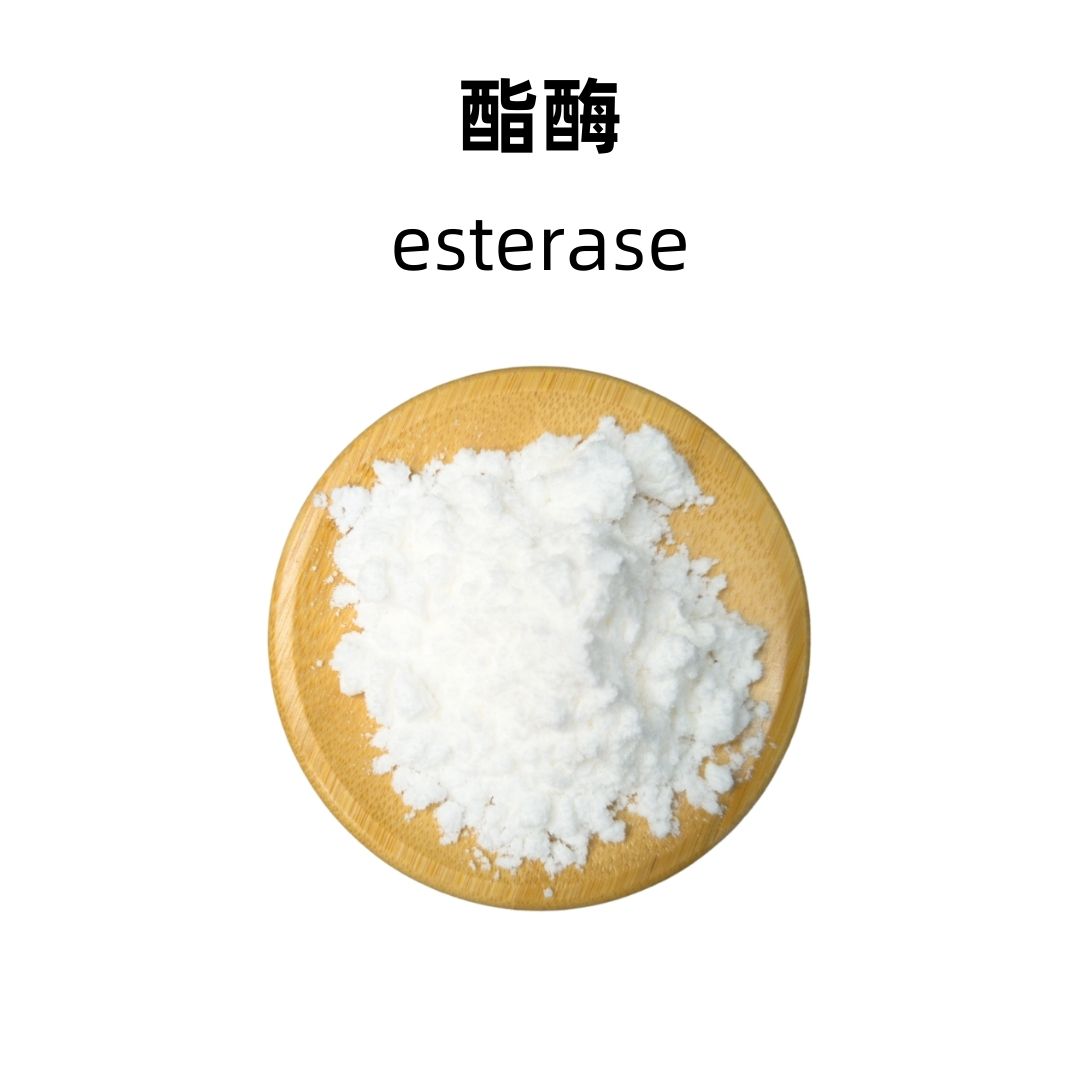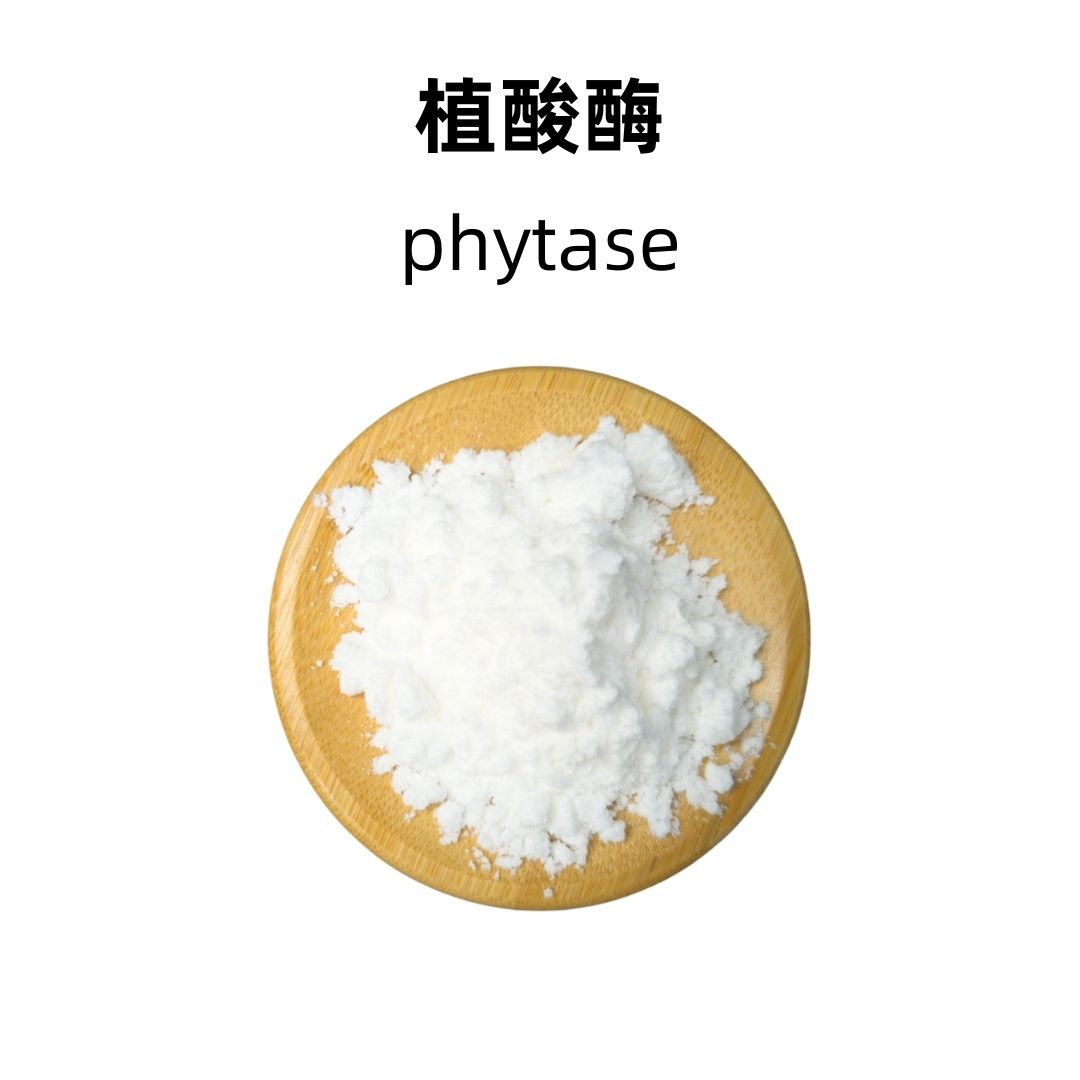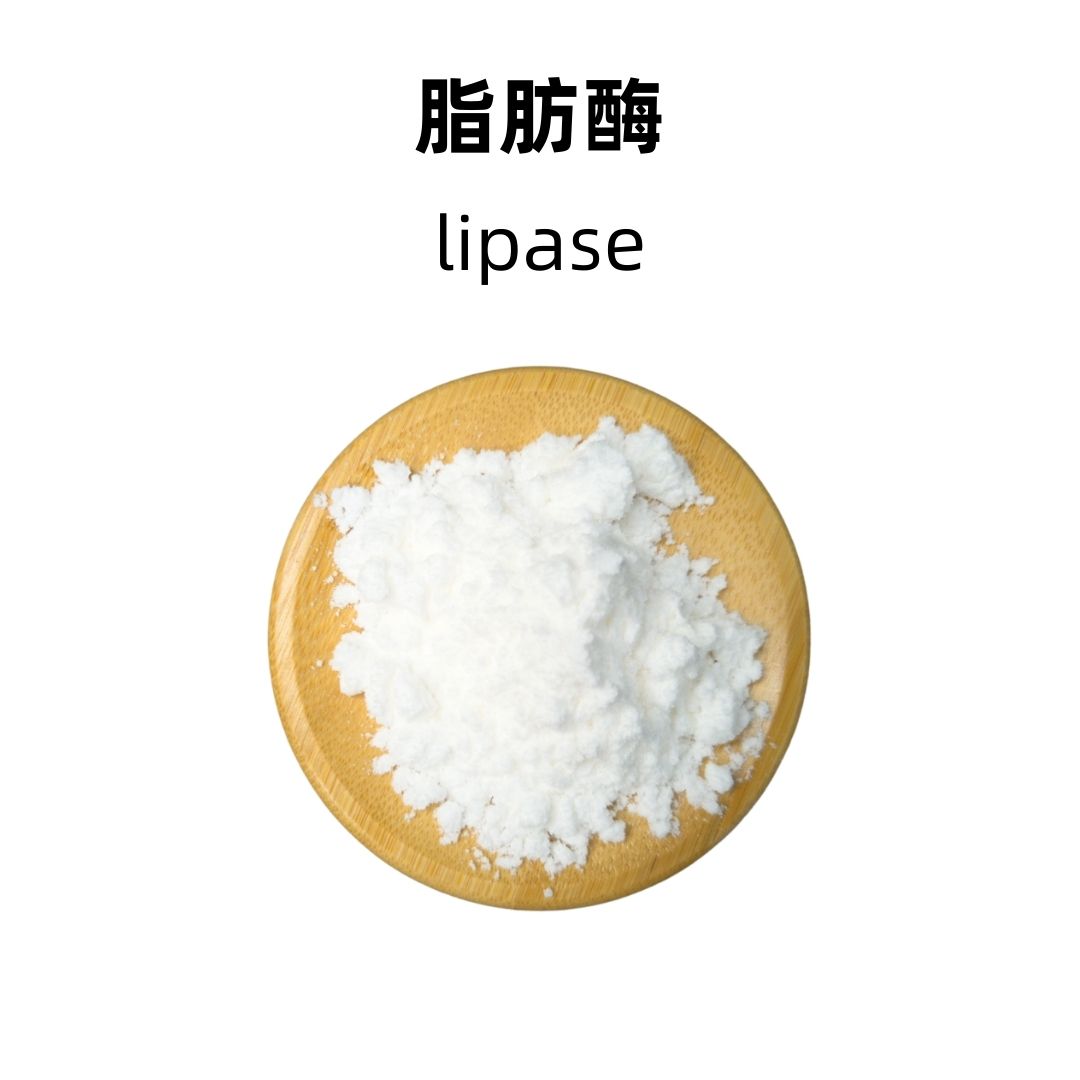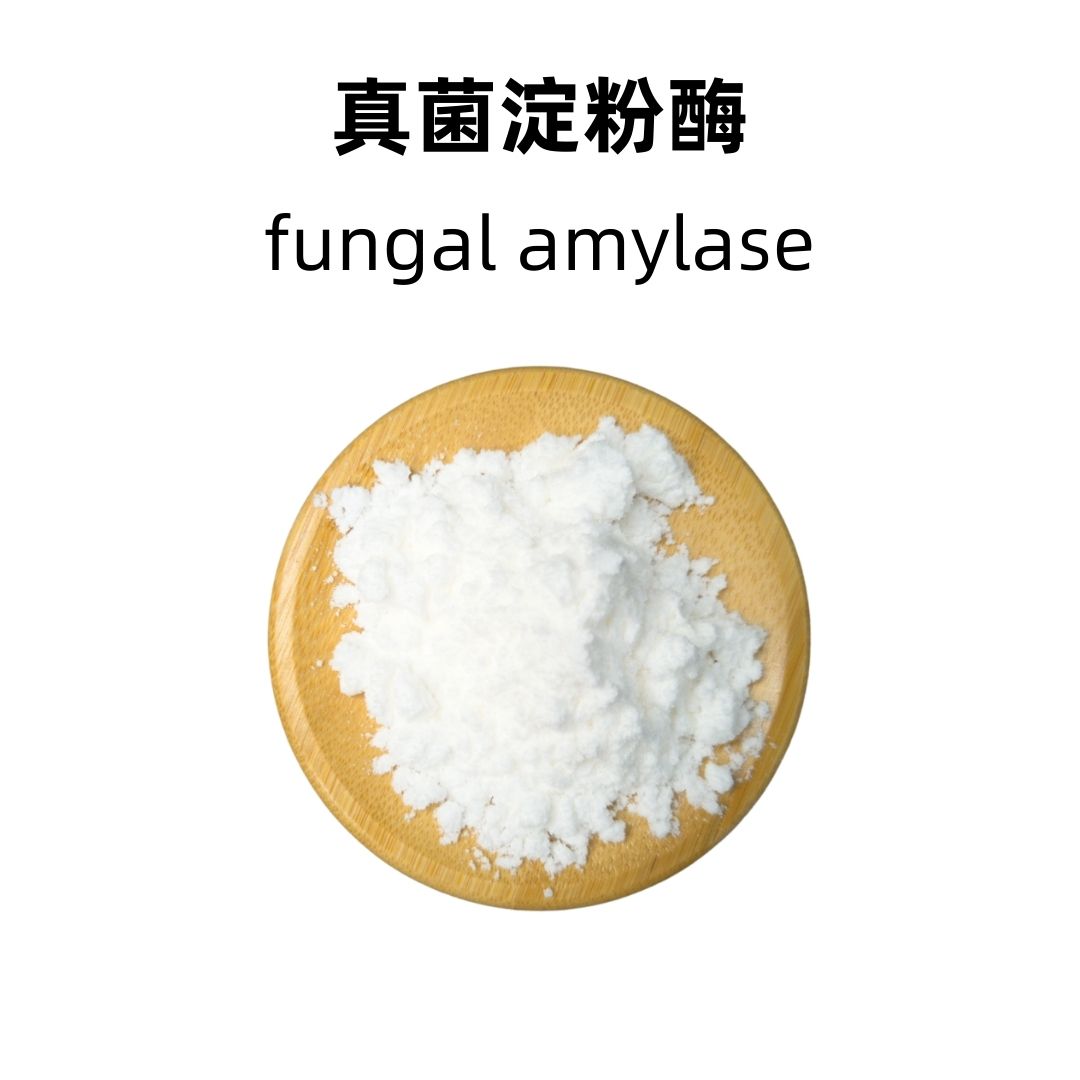Product Introduction
Asparaginase is an enzyme that plays a crucial role in the metabolic process by breaking down asparagine, an amino acid, into aspartate and ammonia. It is derived from bacterial or plant sources and has significant implications in both medical and industrial applications.
Production Process
The production of asparaginase typically involves fermentation of specific bacterial strains that naturally produce the enzyme. These bacteria are cultivated under controlled conditions to optimize enzyme yield. After fermentation, purification processes, such as filtration and chromatography, are employed to isolate and concentrate the asparaginase.
Effects and Functions
Asparaginase has a vital function in cancer therapy, especially for patients with acute lymphoblastic leukemia (ALL) and other malignancies. It depletes asparagine levels in the blood, which is necessary for the survival of certain cancer cells. By reducing asparagine availability, this enzyme helps inhibit the growth of these tumors.
Application Scenarios
Asparaginase is primarily used in oncology, affecting the treatment regimen for leukemia patients. It is also utilized in laboratory settings for research purposes, including studies on protein synthesis and metabolism. Additionally, in the food industry, asparaginase is applied to reduce the levels of acrylamide in products during processing.
Packaging and Storage
Storage Conditions: The product should be sealed, protected from light, kept away from high temperatures, and stored in a dry, cool, and well-ventilated place.
Packaging: Bulk: 25 kg per fiber drum. Sample: 1 kg per aluminum foil bag. Custom packaging is available upon request.
Shipping Methods: FedEx, DHL, dedicated logistics, and sea freight consolidation.
Shelf Life: Two years.
Monica Sun possesses extensive technical expertise and market insights in the food additives industry. She excels in designing efficient and safe additive formulations tailored to various food applications, ranging from sweeteners to functional dietary fibers. Monica has successfully assisted food manufacturers in optimizing ingredient combinations to enhance product quality and improve consumer satisfaction.









